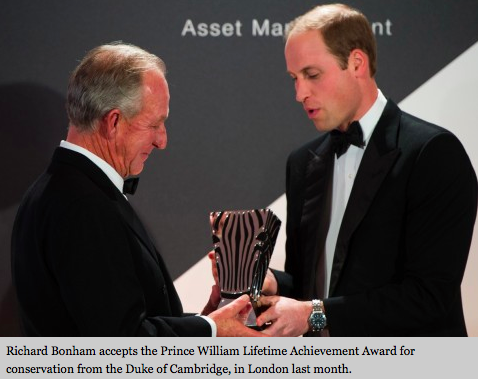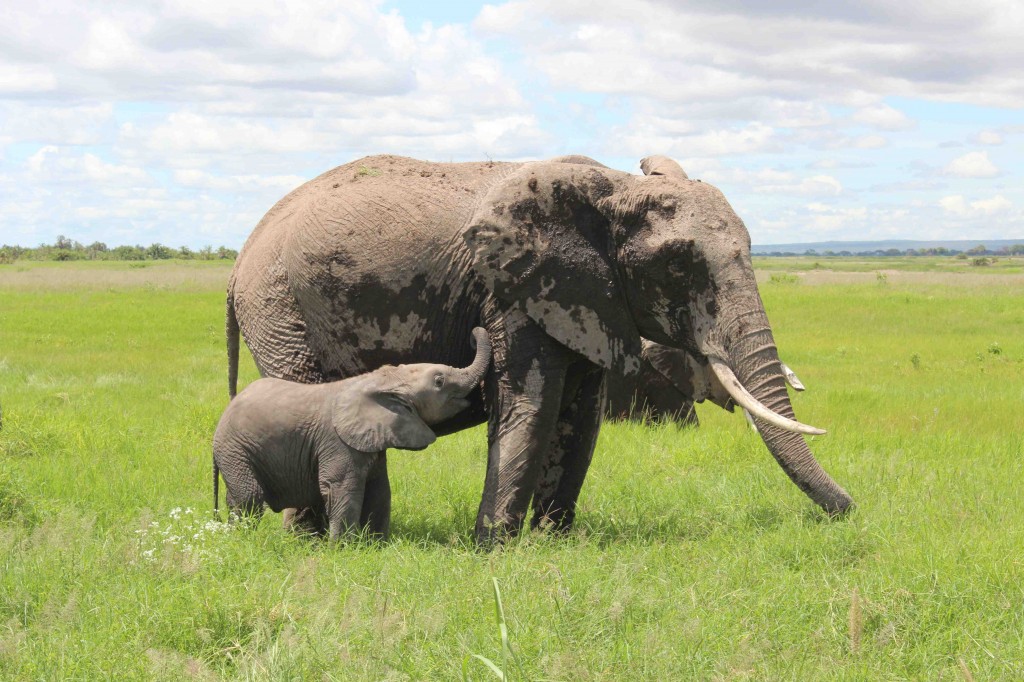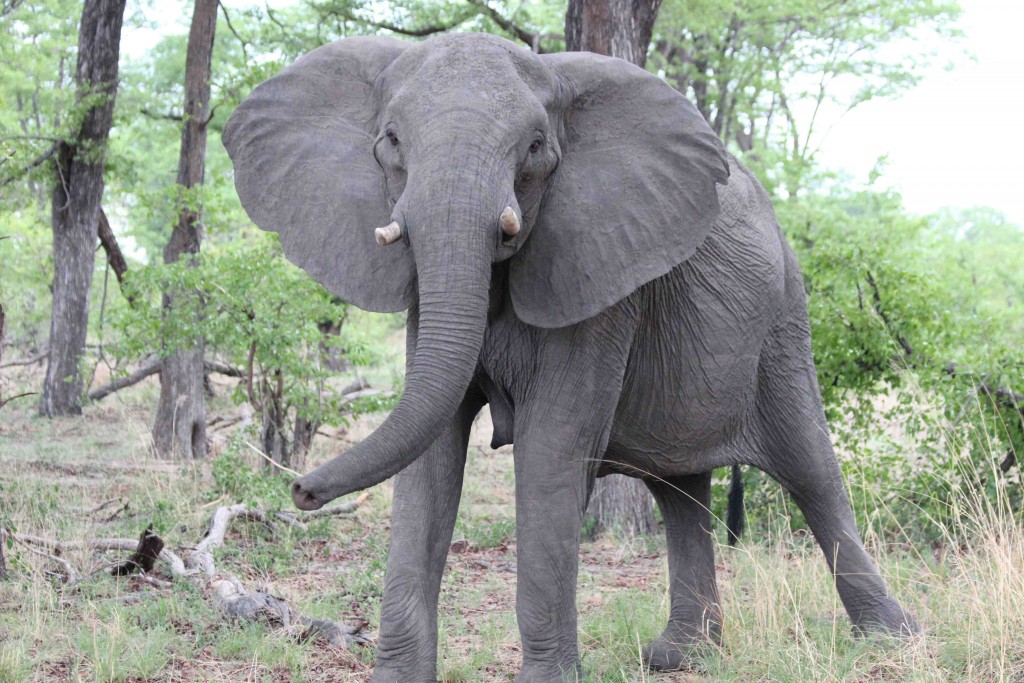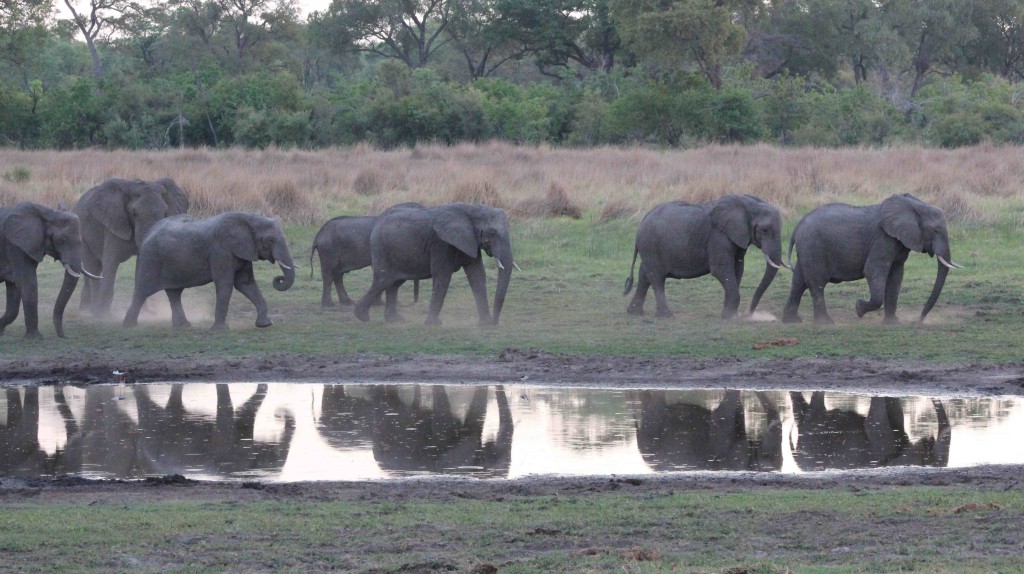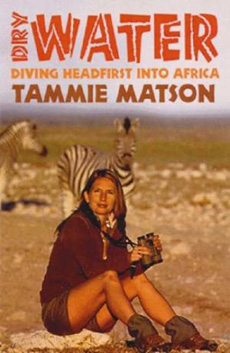Elephant Round Up
We’ve seen some promising signs from China in the last week in relation to the ivory trade driving elephant poaching in Africa, with the Chinese government conducting their third ivory destruction in the last eighteen months and committing to phase out its legal, domestic ivory industry. No time line has yet been given, but it is encouraging to see the Chinese taking stronger measures and the steps have been lauded by conservation organisations.
So are attitudes changing? A survey by WildAid showed that 95% of Chinese supported a total ban on ivory sales. Another one by WildAid, the African Wildlife Foundation and Save The Elephants showed that three quarters of Hong Kong residents supported a ban on ivory sales there too. Hong Kong is a major transit point for ivory to Chinese market places.
The Let Elephants Be Elephants team participated in an awareness and fund raiser for elephants in Hong Kong in November last year, run by the Hong Kong Elephant Society. Our campaign has always been focused on South East Asia, but we are now starting to form some good working partnerships with organisations in Hong Kong as well.
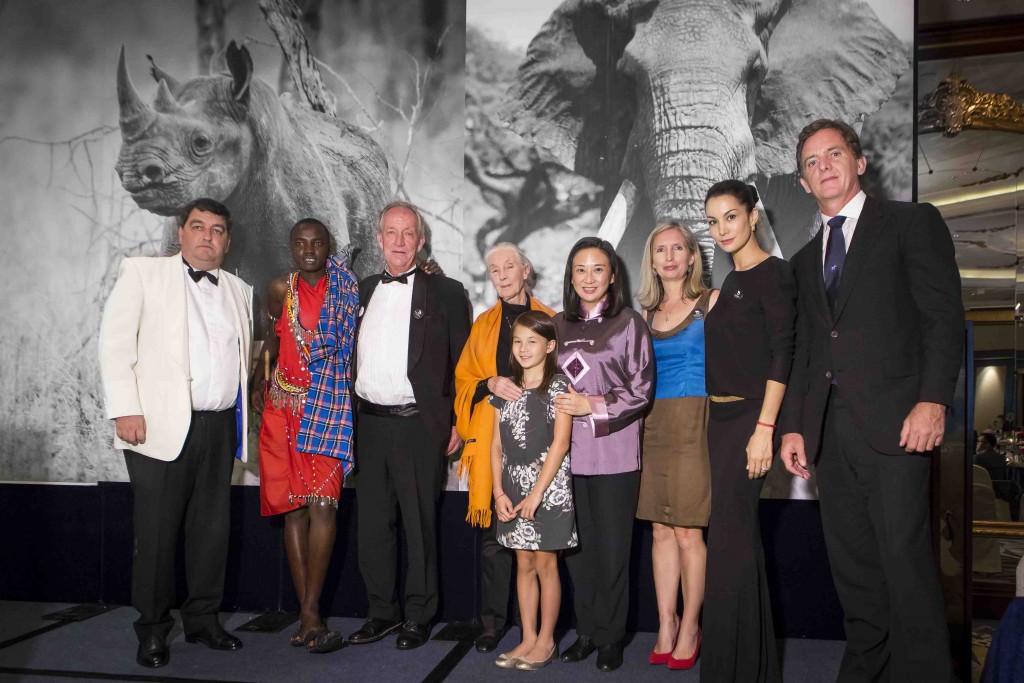
HK Elephant Society co-founder Colin Dawson, Maasai spokesperson John Tabula, Big Life’s Richard Bonham, Jane Goodall, one of the amazing kids who started the movement which led to HK’s first ivory crushing, pro-environment legislator Elizabeth Quat, the LEBE team (me and Nadya Hutagalung), HK Elephant Society co-founder Ted Hodgkinson.
Other organisations that participated on the night were the Big Life Foundation, David Sheldrick Wildlife Foundation and the Jane Goodall Foundation.
There were some great heroes of conservation in the room that night. In one of the most special moments of my career, I had the pleasure of meeting Dr Goodall (photo above), whose book “In The Shadow of Man” I read when I was dreaming of becoming a wildlife researcher back in the early 1990s. Richard Bonham, COO of Big Life, went on from our event in Hong Kong to London to accept Prince William’s Life Time Achievement Award for conservation, so we were in fine company! Also there in support of elephants were the pro-environment Hong Kong politician, Elizabeth Quat and Hong Kong For Elephants‘ campaigner Alex Hofford. The night raised significant funds for three organisations, including a donation to LEBE’s Thailand demand reduction campaign.
Following successful launches in Singapore, Hong Kong, the Philippines and Indonesia, the Let Elephants Be Elephants campaign is planning to focus on Thailand’s ivory market in the next phase of the campaign, and this year so far we’ve been working on bringing in funds and developing the partnerships to roll out the campaign.
We’re heartened by the fact that the Thai government has taken some strong measures towards controlling their ivory markets in the last year, including strengthening laws around ivory trade and clamping down on registration of ivory across the country. We don’t entirely know what this means yet for ivory markets and elephants. LEBE co-founder Nadya Hutagalung found fewer stalls selling ivory in Bangkok during her visit there earlier this year than last year during the filming of the LEBE documentary, which was encouraging, but may also suggest the sellers are uncertain of what the future holds. What we don’t know is whether ivory sales have simply gone underground, and how long existing measures will be enforced. The need for education to reduce demand for ivory remains as strong as ever.
So what’s happening in Africa? Well, the bad news this week has been the WCS report showing the devastating loss of half of Mozambique’s elephants in the last five years. In neighbouring Tanzania, new census figures have shown a decline of 60% of the nation’s elephants in the last five years. This is happening right now! In addition, in western and central Africa, the ivory war is as bloody as ever.
Thankfully there was some good news in amongst the bad this week in the elephant world. This week I was heartened to see a report by WCS from Uganda showing that their elephant population is on the rise, with more than 5000 across the country (still quite low numbers in the big scheme of things however). And don’t forget that in countries like Botswana, the country with the world’s largest elephant population, they are doing just fine. I saw a commentary just today suggesting that South Africa has ‘too many’ elephants, a term I used to hear a lot when I lived in southern Africa in the early 2000s, but not so much these days. Does South Africa have too many elephants or just too little land?
With some countries at threat of losing most or even all of their elephants in the next decade, and others with good, strong populations, we need to look at Africa’s elephant population as just that – Africa’s – rather than one or another country’s elephants, because the species roams across human-defined border as if they don’t exist. The good thing about this is that elephants can expand into new areas when they know they are safe, repopulating former ranges across borders, and that’s where the idea of Africa as a series of interconnected parks and communal conservancies gets interesting. This is already happening in several countries, with great results.
I guess my point this week is that it’s easy to get overwhelmed by all the stories out there about the ivory wars, but bear in mind that both Africa and Asia are big places and the situation is different everywhere. While we might be losing the ivory war in some countries, and we may well see localised extinctions of elephants in some parks and/or countries in the next decade, we’re starting to see improvements in others. So don’t lose hope.
Remember that if you love Africa and you love elephants, make your next safari an ethical one that ‘gives back’ to the local communities who live with elephants and ensure their survival. Drop me a line for more info on joining one of my conservation focused safaris that make a difference.




